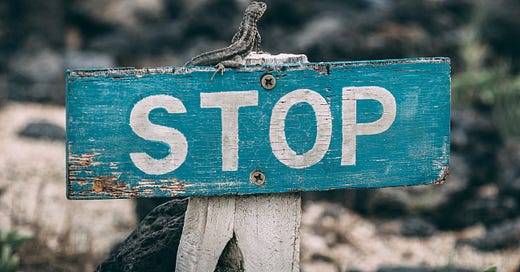“Agatha Christie Book Banned.”
That’s the headline I read early one morning that prompted me to write this. Months before I read that headline, I’ve been hearing a lot more about books being banned and it’s always confused me.
Why, in this time when sharing an opinion is as simple as hitting tweet, where access to information and resources is more ubiquitous than ever, do we think that preventing access to books is a good thing?
And what does the present surge of banned books across the U.S and Canada mean for current and emerging authors?
Why are books being banned?
A friend once said this to me: “Regardless of what book you burn, it’s still fascism.”
That sounds kind of extreme, but when you reflect on the number of books currently being banned, it gives that quote some validity.
The American Library Association says there have been 729 efforts to ban nearly 1,600 books. That’s the most since they started tracking that figure 20 years ago. From July 1, 2021, to March 31 of 2022, PEN America says that 1,145 titles have been banned impacting 874 authors. These bans have occurred across 26 states in the U.S., accounting for 2,899 schools and over 2 million students. Not surprisingly, 41% of those books included BIPOC protagonists and 33% included LGBTQ+ issues.
Keep reading with a 7-day free trial
Subscribe to Writers Are Superstars to keep reading this post and get 7 days of free access to the full post archives.




